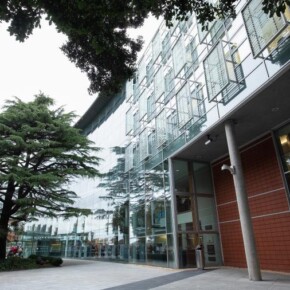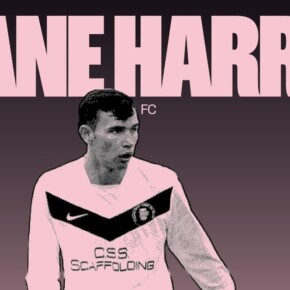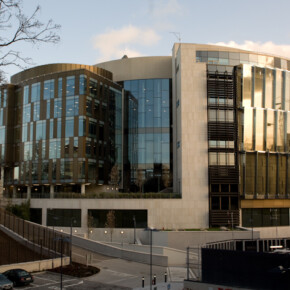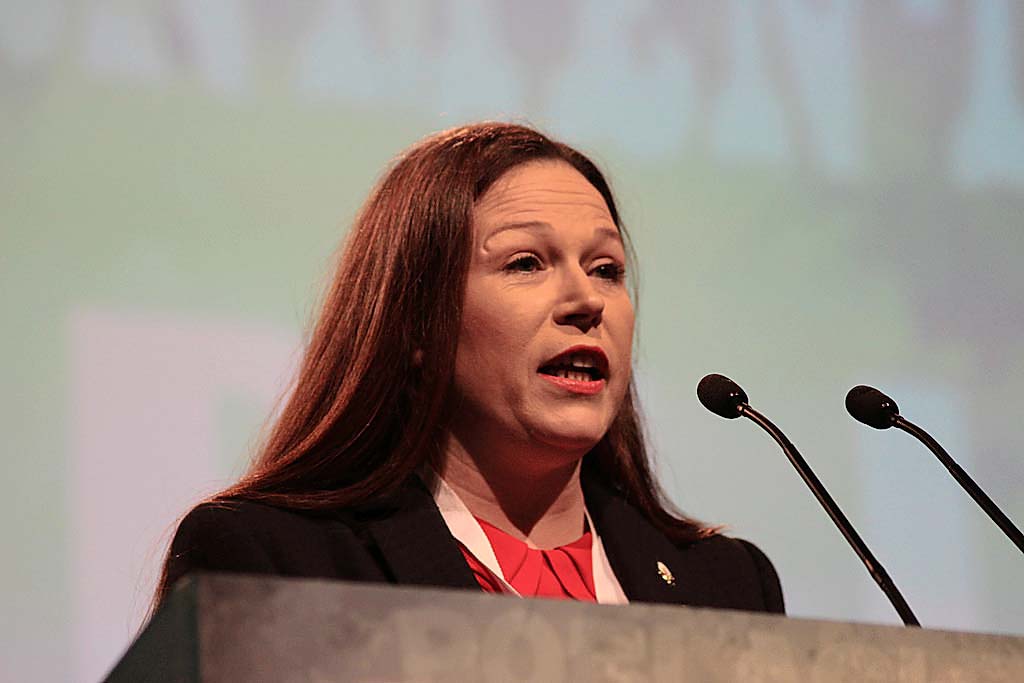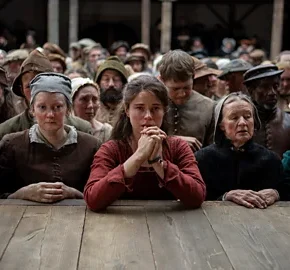Latest DRHE count shows 91 people were sleeping rough on Dublin streets
Gary Ibbotson 06 Jan 2023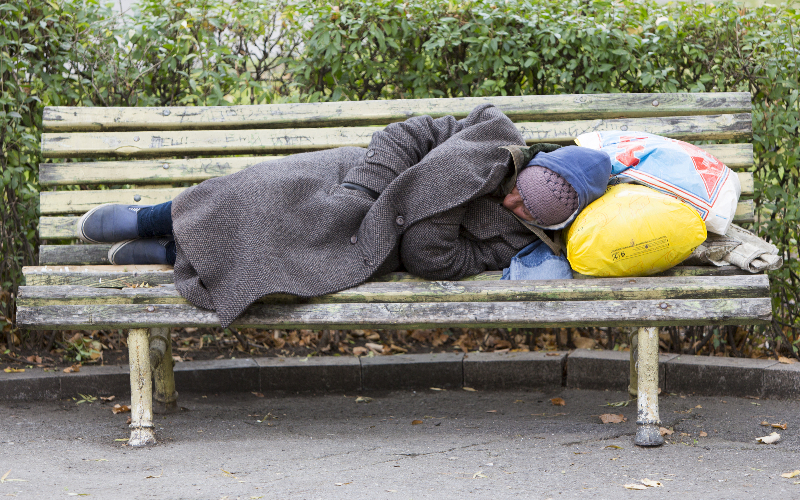
The latest count carried out by the Dublin Region Homeless Executive (DRHE) and the Dublin Simon Community found that 91 people were sleeping rough on the streets of Dublin.
The count took place over the week between November 7 and November 13.
This represents a reduction of three people on the same period last year, with 94 individuals found to be rough sleeping during the week-long winter rough sleeper count on the week of October 25 to October 31, 2021.
It is the same number as the spring count 2022, when 91 people were also found to be rough sleeping.
The DRHE says that “outreach workers were deployed to ensure intense coverage of city centre areas.
“Staff in all four Dublin local authorities and An Garda Síochána provided additional information about people who were rough sleeping, especially those in isolated areas.”
Of the 91 people met rough sleeping, 87 had previously been assessed by the DRHE for homeless services, and “the remaining 4 persons were being actively engaged with by the outreach team be assessed by homeless services.”
The majority of the people found to be sleeping rough were Irish, male and between the ages of 26 and 45.
Overall, 24 percent were using tents while 76 percent were not and 12 individuals were rough sleeping in both the winter and spring counts.
These people are “being targeted for a Housing First response, which will provide them with permanent housing and visiting supports to help them sustain their home.”
In the November 2022 count, 29 individuals (33 percent) had an emergency accommodation booking they did not access over the count week and a further seven individuals accessed emergency accommodation during the November 2022 count week.
“The number of people rough sleeping in the Dublin region changes from night to night,” the DRHE says.
“While there is a core group who regularly sleep rough, that may or may not engage with services, there is a larger group that move between rough sleeping, accessing emergency accommodation, sleeping in insecure accommodation, and staying with family or friends.
“Others may engage in rough sleeping for a very brief transitional period.
“Conducting this count over a one-week period provides more information on the different experiences of people who engage in rough sleeping.”
Catherine Kenny, CEO of Dublin Simon Community said the number of people sleeping rough needs to be drastically reduced.
“91 is still too many people sleeping on the streets,” she says.
“Nobody should have to sleep rough, especially not during these cold, wet and blustery nights.
“Sleeping on the streets is not safe,” she says.
“It makes people vulnerable to injury or attack and exposes them to illnesses associated with extreme weather conditions.
“It is also a profoundly sad and traumatising experience which can negatively impact a person for the rest of their life.”


